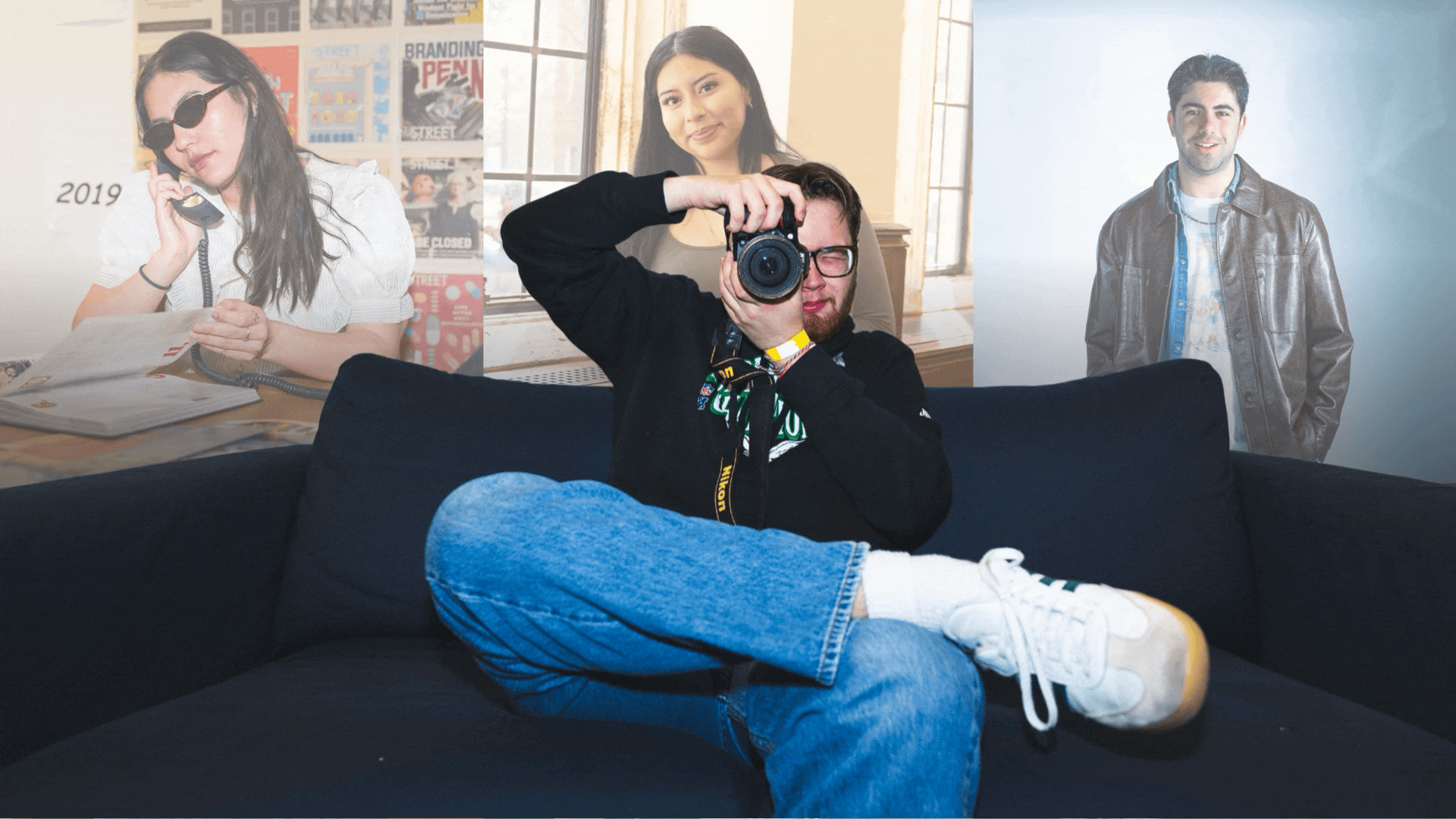As I was walking home from a march protesting the separation of families at the US–Mexico border, an indistinct voice on the sidewalk shouted, “Fuck you, Mexican.” I stood in astonishment, without much of a response, until the reality of what had just happened set in.
Throughout my life, my heritage has allowed me to serve as a cultural bridge for Hispanic immigrants and I was proud of that. I can’t recount how many times people on the street asked me for directions in Spanish, or for help translating documents. Yet in that moment, my identity had been weaponized against me, throwing me back to a point in my life where all I could think about was being ashamed of who I was, and of where I came from.
Incidents like this are all but rare. Since 2016, reported hate crimes in the United States have increased by 20%. This statistic doesn’t take into account experiences like mine, of harassment or intimidation, making the actual percentage of hate–related violence much higher.
Of course, none of this should come as a surprise. Besides Trump’s anti–immigrant and blatantly racist rhetoric, the current administration periodically introduces policies that undermine immigrant rights. In the past couple of months, the White House has created a denaturalization task force to “review” naturalization cases and eventually deport American citizens. Though I’m privileged to have been spared from the brunt of the these efforts, I can’t escape the images of immigrant mistreatment blaring across social media. Everyday, I am reminded of what could have been.
My family moved to the United States from Mexico when I was four. Before I was even born, I was at the risk of dying in my mother’s womb; like many other women in Mexico, she was severely malnourished. After around the second trimester, the doctor overseeing my mother’s condition informed her the only way I would be able to survive was if she took some dietary supplements. But of course, they were extremely expensive: my parents had to either find a way to pay, or accept that my mom would suffer a miscarriage.
At that point, my father was a construction worker in Mexico. Though he’d lived in the United States for a period of time during a previous marriage, he never expected to return. It was the need for my mother’s medication that forced my father to begin working across the border. Every day, he would wake up, walk to the bridge that connects both countries, work, and return home. Eventually, they were able to gather enough money to buy the necessary supplements, and I was able to survive birth.
My mother’s pregnancy had been high–risk, and I had to continue taking supplements as an infant to avoid any further developmental problems. My father continued, too, with his routine of traveling between both countries and working to make ends meet. Over time, this began to take a considerable toll on his health.
To make life more bearable, my parents decided to move to the United States. While we entered the country legally with tourists visas, due to the length of time we remained in the country, we were considered undocumented.
The thing about being undocumented is that every decision you make could detrimentally impact your livelihood. In South Texas, like many other areas along the US–Mexico border, Border Patrol agents and Immigration Custom Enforcement officers roam everywhere, silently deporting immigrants. A trip to the store could mean being ripped apart from your family without much notice.
My family lived in a constant state of fear and seclusion, and I was taught to never talk about my upbringing as a way of minimizing our risk of getting deported. Though we never experienced an encounter with Border Patrol agents, some of my friends weren’t that lucky.
Over time, most of my childhood memories of Mexico faded, and my life became more rooted in the United States. I almost felt American. This sentiment, though, still remained at odds with who I really was. My immigration status prohibited me from partaking in freedoms many take for granted; my skin color remained a relentless reminder of my foreignness. To compensate, I avoided discussing my upbringing—as a way to fit in, rather than a defense mechanism. As I attempted to fit the mold of the stereotypical American, I began internalizing unrealistic standards.
The terror of being an undocumented immigrant seemingly ended in December 2015 when, after several years of waiting, I became a permanent resident. I’m still years away from being eligible to become a citizen—but my brand–new green card, I thought, was finally my opportunity to catch a glimpse of what it’s like to be just like everyone else.
The Trump administration has made me realize that no matter what I do, how much I support my community, or even how many immigration hurdles I overcome, that dream cannot become a reality.
Our country is a nation of immigrants united not by common ancestry, but by the fundamental idea that with enough hard work and perseverance, anyone can fulfill any dream. From a one–bedroom shack in Mexico, my family has survived poverty, medical emergencies, unemployment, and discrimination, all to catch a glimpse of the American Dream.
Whether or not I may look like the traditional image of an American, my very existence is the embodiment of the American ideal, and nothing can take that away from me. During these times, it may seem impossible to imagine a better tomorrow. But to every person out there that has felt discouraged by the moral state of our country, remember that we shall overcome.
Luis Bravo is a senior in the College studying Sociology and Political Science. He is passionate about social justice, and he wishes to continue promoting fundamental human rights.







